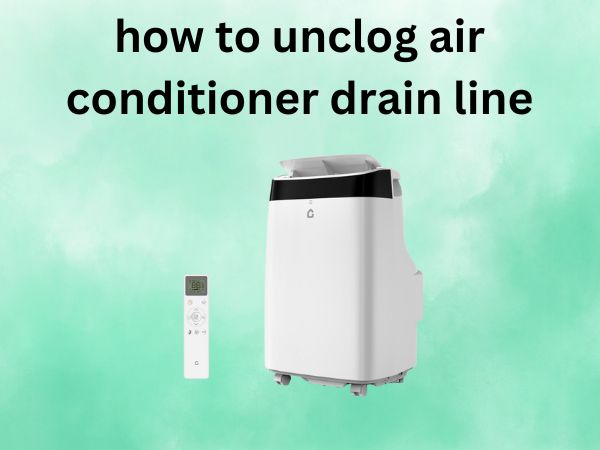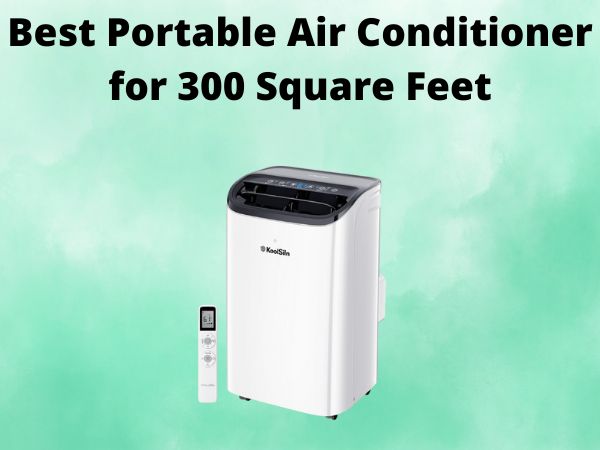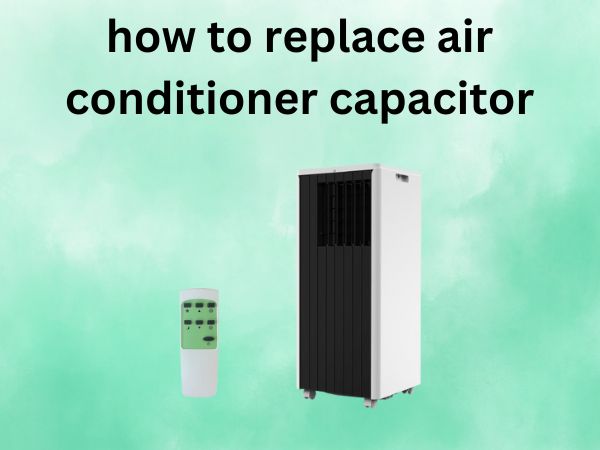How to Fix Portable Air Conditioner [Not Cooling Properly]
Portable air conditioners are a popular choice for cooling individual rooms or spaces, especially when central air isn’t available. They’re compact, easy to move, and require minimal installation. But what happens when your trusty unit is blowing warm air instead of a refreshing breeze?
Table of Contents
Common Reasons for Cooling Issues
First things first, let’s explore some common reasons why your portable AC might not be cooling. Could it be the lack of maintenance, or perhaps it’s something more technical?
Checking Basics First
Before diving deeper, always start with the basics. Is your AC plugged in? Is it set to the correct mode? These might sound like no-brainers, but overlooking simple switches or buttons can often be the culprit.
Inspecting the Environment
The environment around your unit plays a significant role in its efficiency. Is your air conditioner sitting directly in the sun? Is it too close to walls or furniture, blocking air circulation?
Examining the Power Supply
Ensure the power supply is functional. Check the outlet with another device to confirm it’s working. Sometimes, a tripped circuit breaker or a blown fuse is to blame.
Filter Maintenance
Clogged filters are a significant cause of reduced cooling. A dirty filter blocks airflow, making your unit work harder than it needs to. How often do you clean or replace your AC’s filter?
Condensation Management
Portable air conditioners create condensation as they cool the air. If your unit isn’t draining properly, it can affect efficiency. Make sure the drainage system is clear and functioning.
Examining the Thermostat
If your AC doesn’t cool, the thermostat setting might be incorrect or malfunctioning. Double-check the set temperature and consider whether the thermostat is working properly.
Inspecting the Ventilation System
Proper ventilation is crucial for portable AC units. Check that the exhaust hose is properly connected and that there are no obstructions. The hose should be as straight as possible to encourage optimal airflow.
Cooling Capacity and Room Size
Is your air conditioner the right size for your space? A unit that’s too small won’t cool effectively, while an oversized unit can be inefficient and result in fluctuating temperatures.
Investigating Coolant Levels
A refrigerant leak or low coolant levels can hinder cooling performance. Assessing refrigerant levels is a job for professionals, as handling refrigerants requires specialized equipment and knowledge.
Maintenance of Internal Components
Sometimes internal components like the compressor or motor may need attention. If they are malfunctioning, your unit won’t cool effectively, even if everything else seems fine.
When to Call a Professional
If troubleshooting on your own hasn’t resolved the issue, it’s time to call in a professional. They can provide a detailed diagnosis and ensure safe and effective repairs.
Preventive Measures for Optimal Cooling
Regular maintenance is key to keeping your portable AC in top shape. Schedule routine cleanings, system check-ups, and always store your unit properly during the off-season.
Conclusion
Portable air conditioners are a fantastic tool for achieving comfort in specific spaces, but like any appliance, they require some care and attention. By understanding potential problems and addressing them promptly, you can ensure your unit delivers cool relief whenever you need it.
FAQ 1: Why is my portable air conditioner not cooling the room?
A portable air conditioner may not cool the room effectively due to issues like incorrect thermostat settings, dirty filters, low refrigerant levels, or poor placement affecting airflow.
FAQ 2: How often should I clean the filter on my portable air conditioner?
It’s recommended to clean the filter every two weeks during heavy usage. If the environment is particularly dusty, more frequent cleanings may be necessary.
FAQ 3: Can I refill the refrigerant in my portable air conditioner myself?
No, refilling refrigerant should be done by a professional technician to ensure safety and compliance with environmental regulations.
FAQ 4: Is it normal for my portable air conditioner to be noisy?
Some noise is typical due to the compressor and fan operation. However, excessive noise can indicate a mechanical issue or something obstructing the fan.
FAQ 5: How can I improve the efficiency of my portable air conditioner?
To improve efficiency, regularly clean filters, ensure proper ventilation, check that the room size matches the unit’s capacity, and keep doors and windows closed while in use.




![How to Recharge Car Air Conditioner [A Complete DIY Guide]](https://bathroomexplorer.com/wp-content/uploads/2025/05/how-to-recharge-car-air-conditioner.jpg)